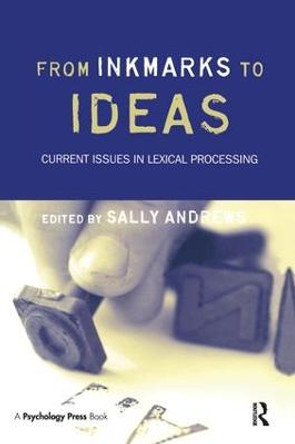This book argues (a) that there is no principled way to distinguish inflection and derivation and (b) that this fatally undermines conventional approaches to morphology. Conceptual shortcomings in the relation between derivational and lexically-derived word forms, Andrew Spencer suggests, call into question the foundation of the inferential-derivational approach. Prototypical instances of inflection and derivation are separated by a host of intermediate types of lexical relatedness, some discussed in the literature, others ignored. Far from finding these an embarrassment Professor Spencer deploys the wealth of types of relatedness in a variety of languages (including Slavic, Uralic, Australian, Germanic, and Romance) to develop an enriched and morphologically-informed model of the lexical entry. He then uses this to build the foundations for a model of lexical relatedness that is consistent with paradigm-based models. Lexical Relatedness is a profound and stimulating book. It will interest all morphologists, lexicographers, and theoretical linguists more generally.
About the AuthorAndrew Spencer is Professor of Linguistics at the University of Essex. His publications include The Handbook of Morphology, (1998, co-edited with Arnold Zwicky), Phonology: Description and Analysis (1996), and Morphological Theory (1991), all published by Wiley-Blackwell. He is also the co-author of Clitics: An Introduction (2012), with Ana Luis, published by Cambridge University Press.
Book InformationISBN 9780199679928
Author Andrew SpencerFormat Hardback
Page Count 474
Imprint Oxford University PressPublisher Oxford University Press
Weight(grams) 856g
Dimensions(mm) 240mm * 162mm * 35mm







